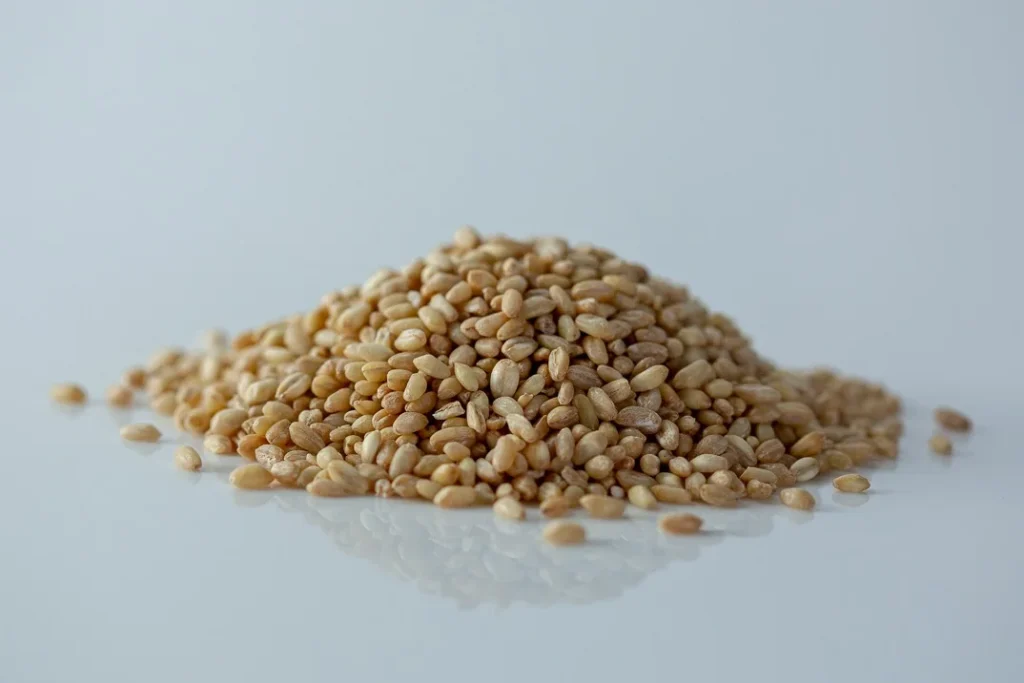As your little one transitions to solid foods, baby cereals become a staple in their culinary journey. These nutrient-packed, easy-to-digest options play a crucial role in providing the essential vitamins and minerals necessary for your baby’s growth and development.
In this article, we will explore the benefits of introducing baby cereal, when to start, and some popular choices to make mealtime a delightful and nutritious experience for your little explorer.
The Benefits of Baby Cereal
- Nutrient-Rich Foundation: Baby cereals are fortified with essential nutrients such as iron, zinc, and various vitamins crucial for your baby’s early development. These nutrients support healthy brain function, bone growth, and overall well-being.
- Gentle Introduction to Solid Foods: The smooth texture of baby cereal makes it an ideal first food for infants, providing a gentle introduction to the world of solid foods while allowing them to explore new textures.
- Digestive Health Support: Many baby cereals are made with grains that are easy to digest, aiding in the development of your baby’s digestive system. Some varieties also include probiotics to promote a healthy gut.
When to Start Introducing Baby Cereal
- Around 4 to 6 Months: Most pediatricians recommend introducing baby cereal between 4 to 6 months of age, when your baby shows signs of readiness for solid foods, such as holding their head up, sitting with support, and displaying an interest in what you’re eating.
- Start with Single-Grain Varieties: Begin with single-grain baby cereals, such as rice or oatmeal, to identify any potential allergies and allow your baby to get accustomed to the new taste and texture.
Popular Baby Cereal Choices
- Gerber Single-Grain Rice Cereal: Gerber’s Single-Grain Rice Cereal is a popular choice for introducing babies to solids. Fortified with iron, it provides a smooth texture that’s easy for little ones to swallow.
- Earth’s Best Organic Whole Grain Oatmeal Cereal: Earth’s Best offers an organic whole grain oatmeal cereal, providing a nutrient-rich option for your baby. It is easy to prepare and offers a creamy texture.
- Happy Baby Organics Clearly Crafted Oatmeal Cereal: Happy Baby Organics Clearly Crafted Oatmeal Cereal is known for its transparency in ingredients. It contains whole grains and is enriched with iron for optimal nutrition.
- Beech-Nut Complete Rice Single Grain Baby Cereal: Beech-Nut’s Complete Rice Single Grain Baby Cereal is a gentle choice for early introduction to solids. It is made from non-GMO rice and offers a smooth consistency.
How to Serve Baby Cereal
- Simple Preparation: Mix the recommended amount of baby cereal with breast milk or formula to achieve a smooth consistency suitable for your baby’s developmental stage.
- Gradual Increase in Texture: As your baby becomes more accustomed to solids, you can gradually increase the texture by using less liquid, allowing them to explore new sensations.
Conclusion
Introducing baby cereal is a significant step in your baby’s culinary adventure, providing a nutrient-rich foundation for their growth and development.
As you embark on this journey, consider the unique needs and preferences of your little one, and relish the joy of witnessing them savor their first spoonfuls of wholesome goodness.
With the right guidance and a variety of choices, baby cereal becomes not just a meal but a delightful and nutritious experience that contributes to your baby’s lifelong well-being.

